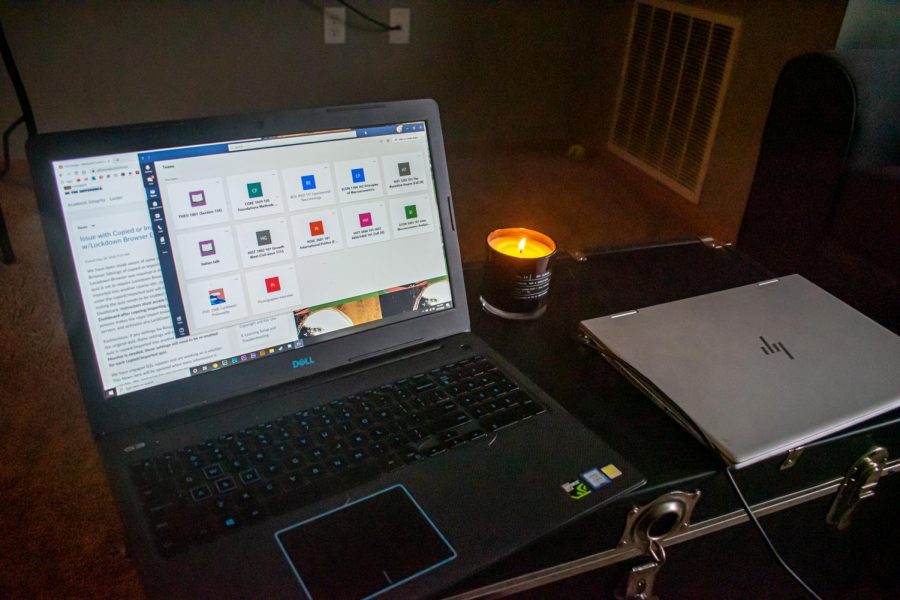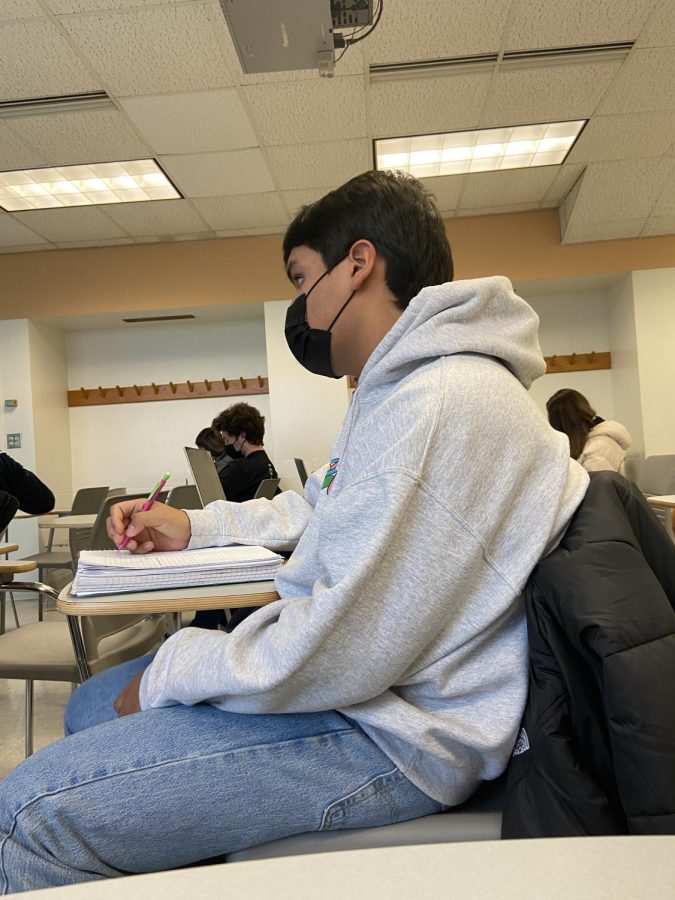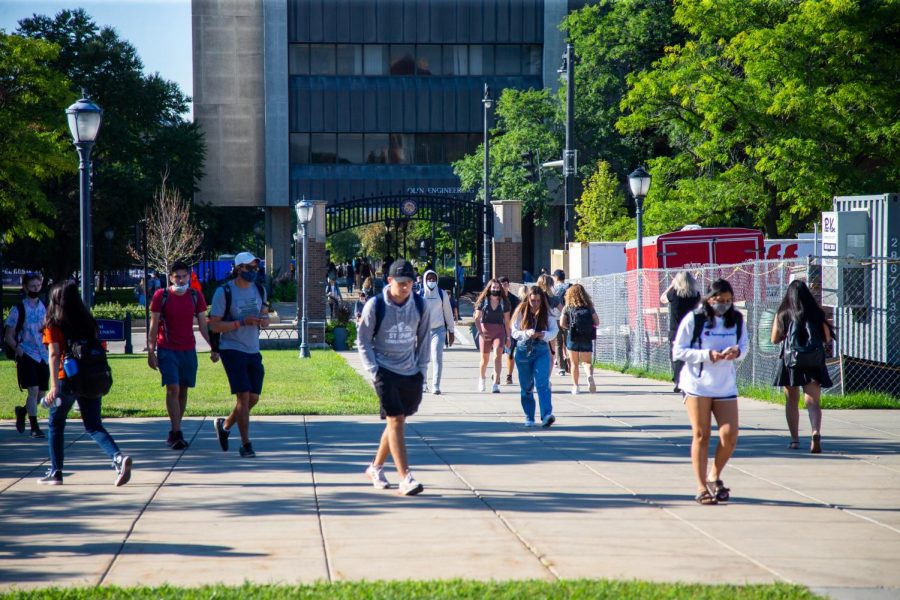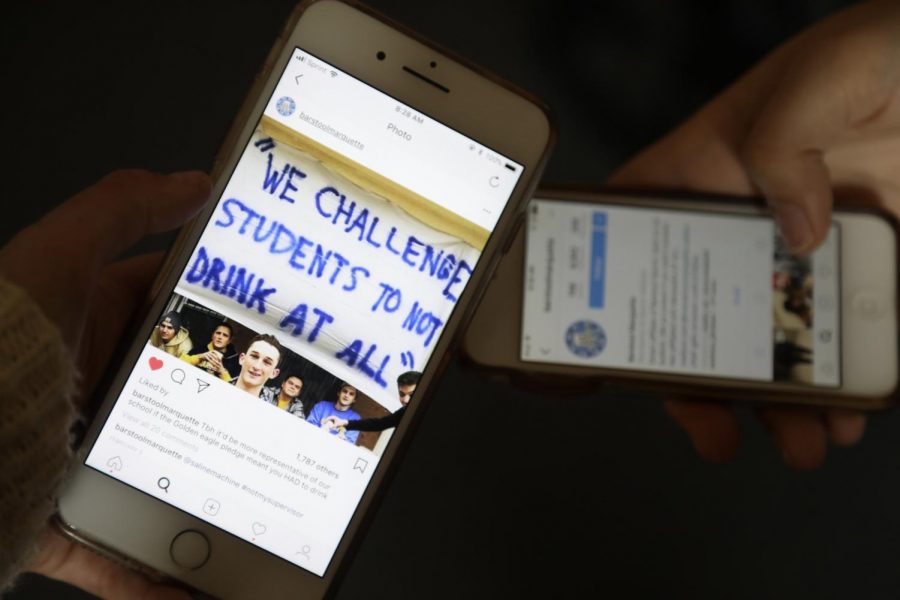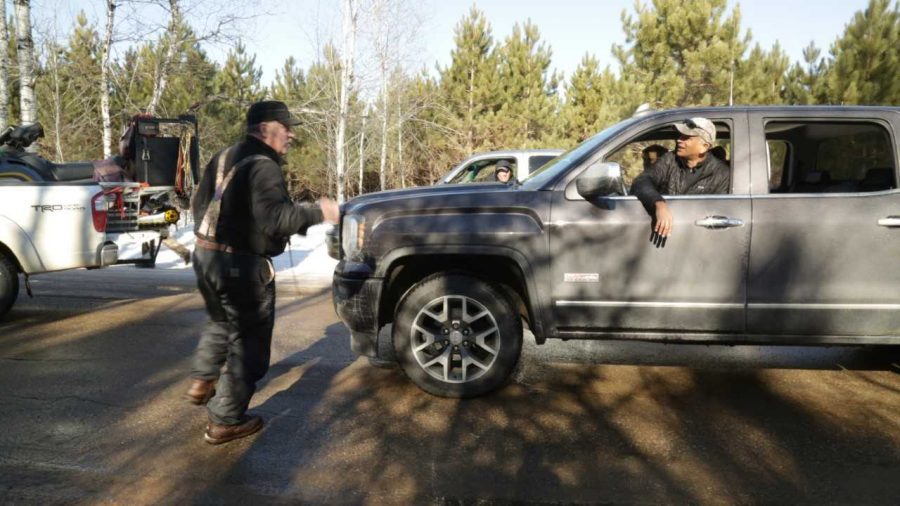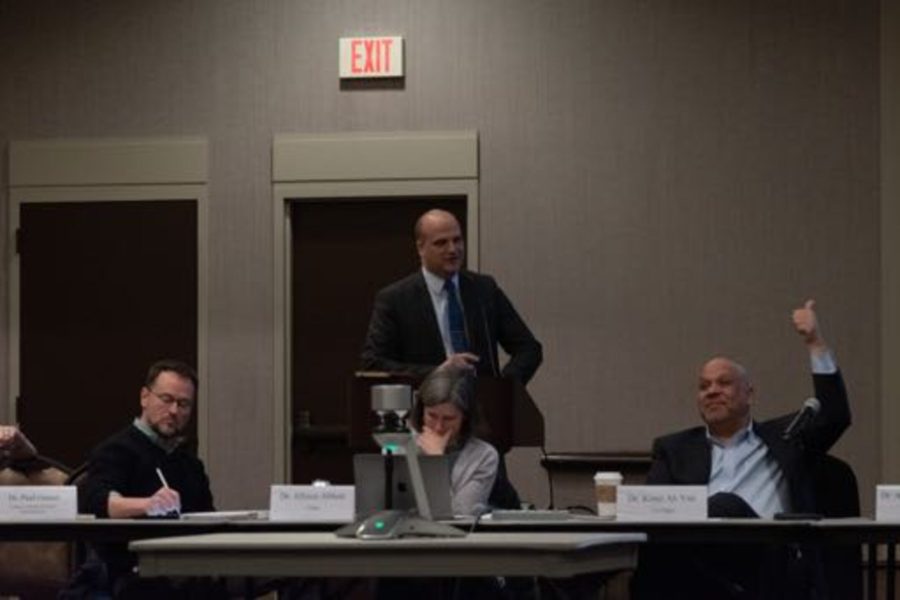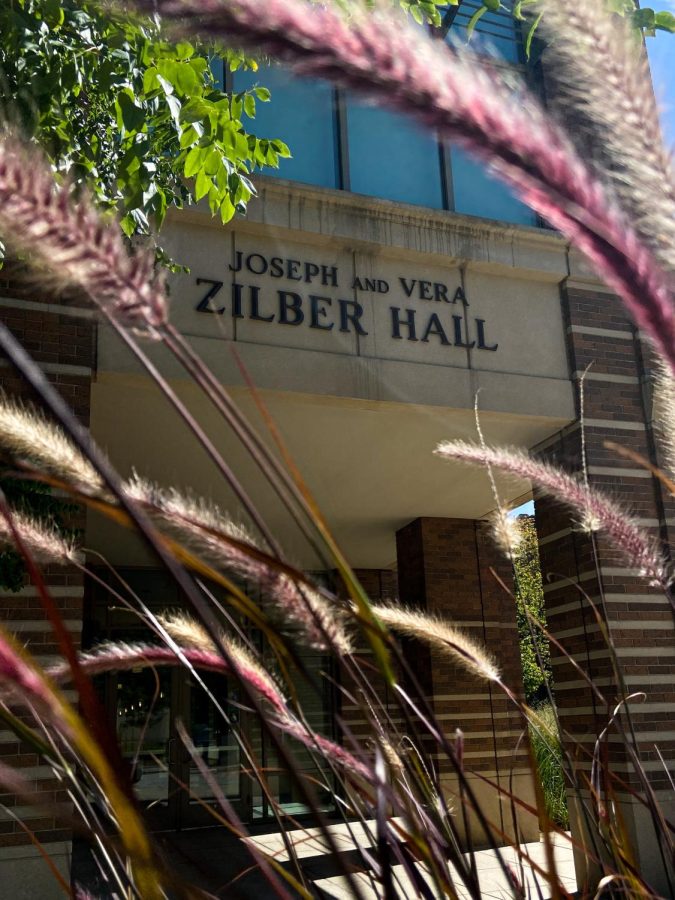To prepare for the possible transition to online education, Marquette University leaders have taken a proactive approach, creating a checklist to facilitate a faster and smoother transition should it be necessary, John Su, vice provost for academic affairs said.
The checklist, which will be posted on the Center for Teaching and Learning website and distributed to instructors later this week, highlights areas for faculty to focus on in the event of a move online. These areas include technology, communication, work area and adjustment of courses.
In the checklist, faculty are asked to review the Remote Work for Faculty and Staff webpage, which has information about the various technology requirements, including microphones and headsets, D2L, Microsoft Teams and the Marquette VPN, as well as who to contact in the event of questions or technical issues.
“Many of the elements listed on the checklist were parts of faculty workshops and trainings that occurred over the summer as part of course design, but the checklist puts them together in a single document,” Su said in an email.
Based on changing circumstances nationally and locally, Marquette may need to at some point in the semester to shift additional courses or programs to remote instruction, Su said.
Students living in Schroeder residence hall will have to shift to this remote instruction Su referenced after an email was sent to all residents of the hall to quarantine for two weeks.
“If we can continue to encourage students, faculty, and staff to follow risk mitigation procedures and get tested, then we have a good shot at continuing,” Su said in an email.
The checklist also instructs faculty to email students their immediate plan and expectations in the event of a transition online. This email should include how faculty will primarily communicate with students, how students should reach out to their professors, how classes will be facilitated online, how course syllabi will change and where students can find resources or submit assignments. Instructors should also share updates regularly.
Julia Azari, associate professor in the Department of Political Science, said that though she has not been fully prepared by the university for a total pivot online, she has known it was a possibility and designed her course accordingly.
“It’s very complicated, I’m very concerned that we’re not testing enough, and I have no idea from day to day or week to week what to expect,” Azari said in an email. “I’m just trying to create the best possible experience for my students under the uncertain circumstances.”
Kristina Ropella, dean of the College of Engineering, said the college leadership has asked faculty and staff to implement the items on the checklist as they apply to the specific needs of the instructor’s practices.
“Our faculty are comfortable using D2L and Teams, especially after attending a number of university and college training sessions during spring and summer,” Ropella said in an email. “Our faculty have been especially helpful in supporting and teaching each other the technologies and use of these online applications.”
Ropella said the greatest challenge for the College of Engineering will be labs and design experiences that rely heavily on in-person education.
“We have to modify how students engage with materials, technology, machines, experiments and problem-solving, especially with team-based design and problem-solving,” Ropella said in an email.
The checklist also suggested faculty and staff create a workspace, minimize distractions and plan and schedule their time to identify an ideal work area and routine.
“I’m excited that we are starting week four and we still get to be together physically as a campus community,” Su said in an email.
Erik Ugland, associate professor in the College of Communication, said though he is teaching in-person, some of his students have been participating through Teams because they have fully online schedules.
“I am extraordinarily impressed with everything the University has done to get us ready for fall,” Ugland said in an email. “They seem to have anticipated every possible twist and turn, so I assume they are prepared to assist with our switch to online-only, if it comes to that.”
However, Ugland said when the time comes the university will know if it is prepared.
“I realize everyone has different opinions about the sensibility of returning to in-person teaching, but whatever people’s feelings are about that, I think the employees on the administrative side of the University deserves a lot of credit for all the time and attention they have devoted to this,” Ugland said in an email.
Ugland said IT Services have been helpful in troubleshooting the few problems he has had and that he is familiar with the software Marquette offers to be able to transition without an additional learning curve if the university does end up moving online.
“I believe Marquette can be the difference and make this work,” Ropella said in an email. “I believe our students can rise to the challenge and demonstrate success where other schools have not.”
A previous version of this story incorrectly stated that Julia Azari, associate professor of political science, said she was not prepared for a pivot online. Actually, she said she was not prepared by the university. In addition, the story incorrectly referred to Azari as the assistant chair of the Department of Political Science, when she is an associate professor. The Wire regrets these errors.
This story was written by Shir Bloch. She can be reached at shir.bloch@marquette.edu.

